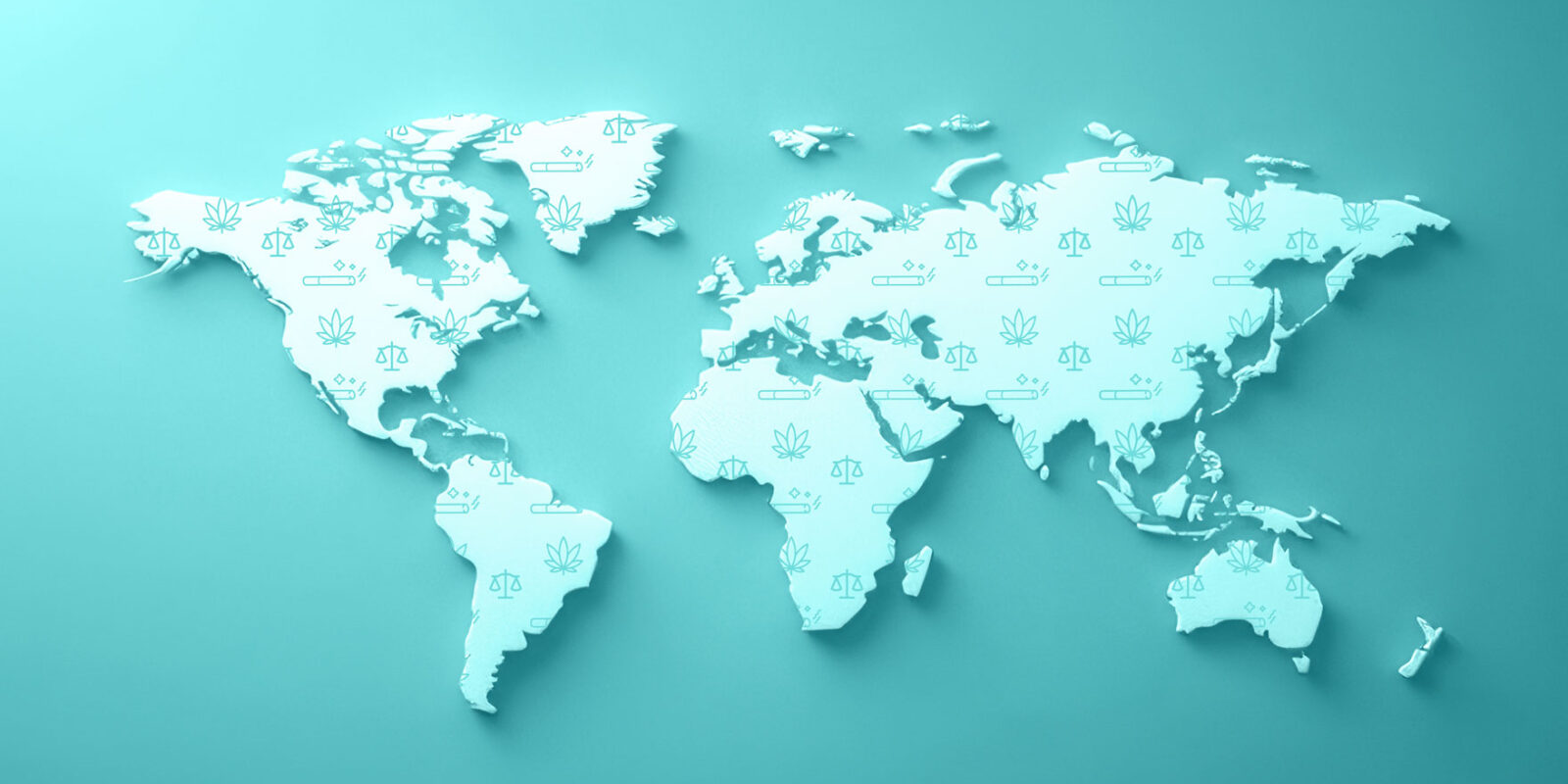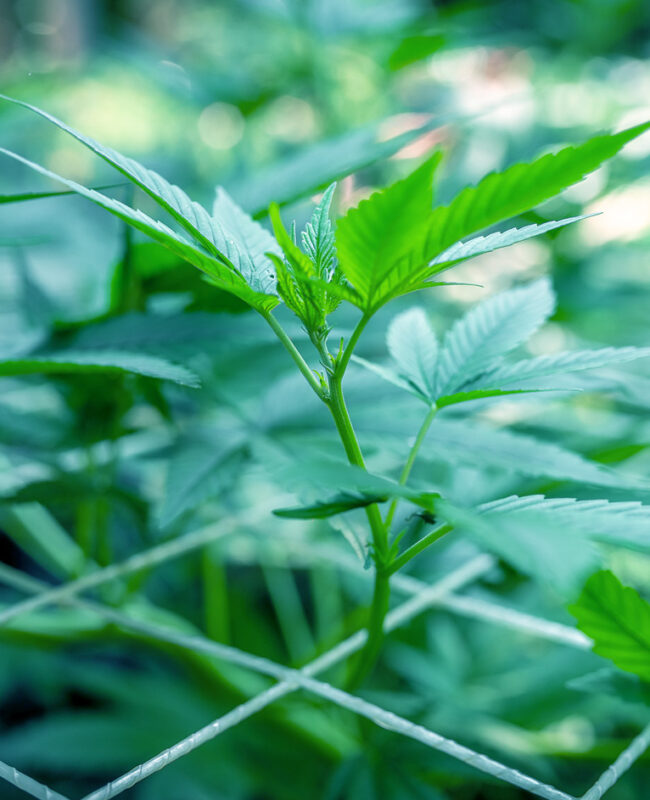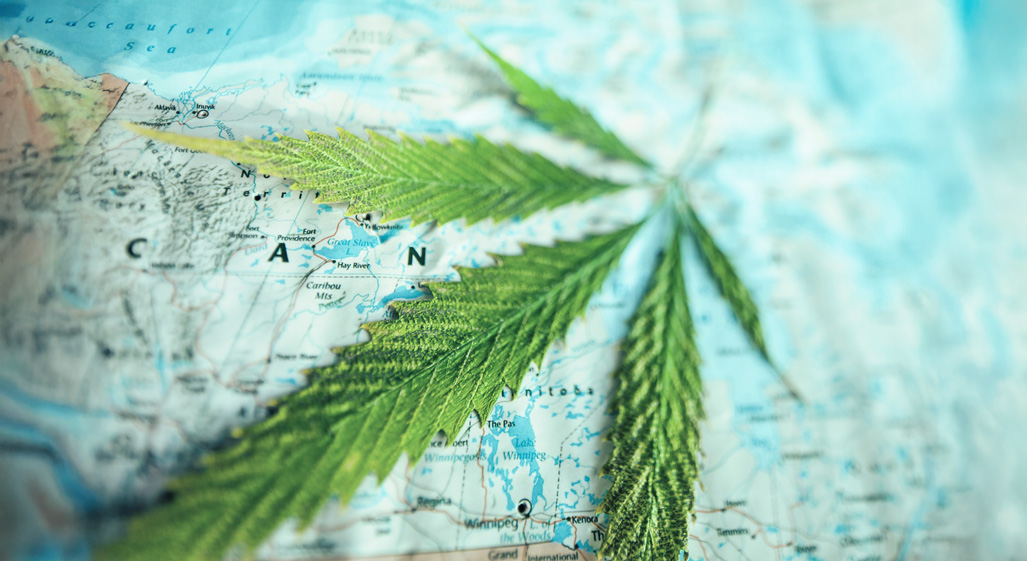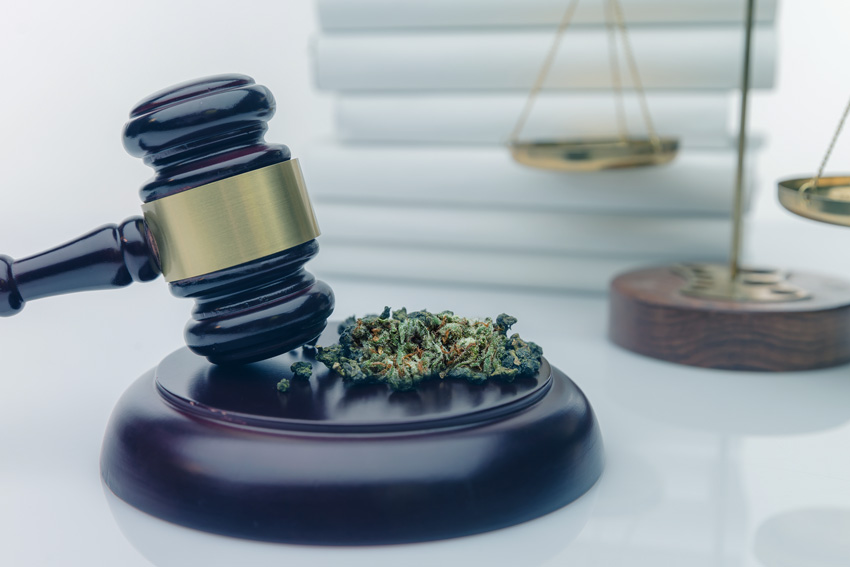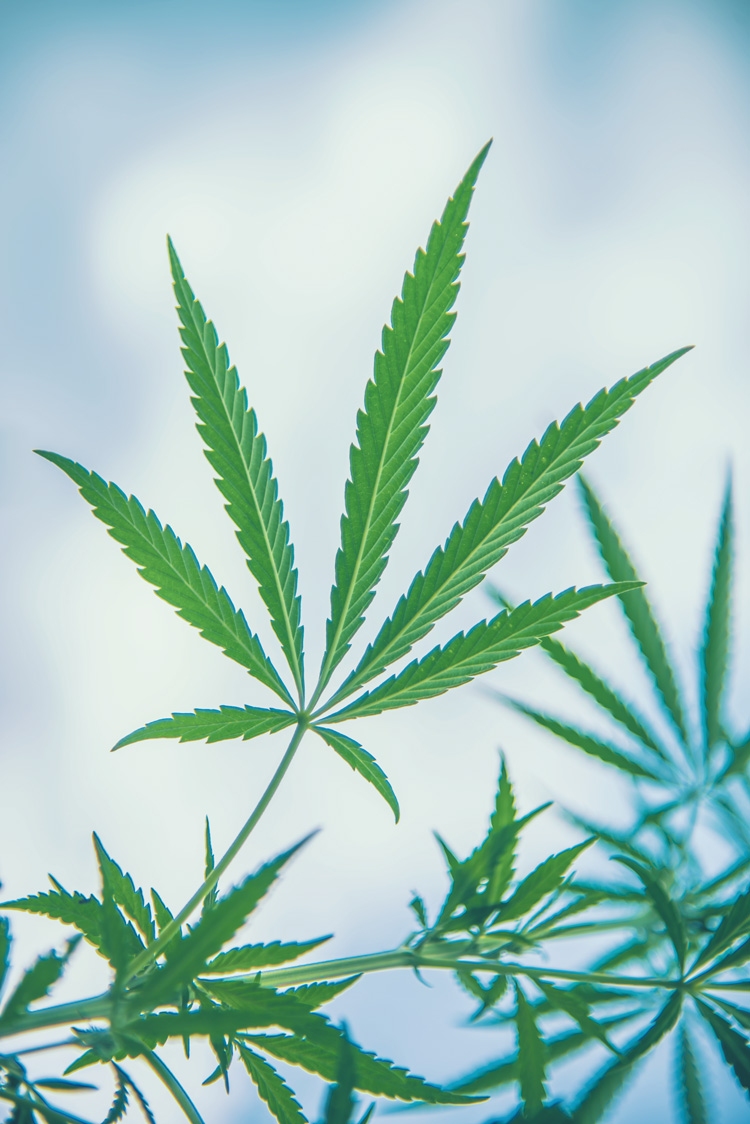Over the last decade, the world has witnessed a seismic shift in how cannabis is perceived and legislated. What was once universally criminalized is now increasingly seen as a tool for economic growth, a legitimate medicine, and a personal freedom issue. This shift isn’t isolated to a handful of progressive nations, it’s a global trend powered by data, dollars, and demand.
Economic Benefits
Legal cannabis has become a major economic engine. Countries and regions that have embraced legalization are reaping the rewards in the form of job creation, increased tax revenue, and reduced law enforcement spending. From cultivation to retail, to the packaging of pre rolls and prerolled joints, the legal cannabis industry supports entire supply chains and thousands of ancillary businesses.
As countries weigh the costs of prohibition against the financial benefits of a regulated market, economic incentives are proving too strong to ignore.
Medical Use
Scientific research continues to validate the medicinal properties of cannabis, particularly for treating chronic pain, epilepsy, anxiety, PTSD, and more. As clinical evidence grows, so does public support, fueling policy reform even in traditionally conservative countries.
Medical cannabis programs have already been established in dozens of nations, and pharmaceutical companies are investing heavily in cannabinoid-based therapies. This legitimization of cannabis as medicine is a key driver in normalizing its broader use.
Tourism and Trade
“Cannabis tourism” is now a thriving niche. Weed friendly countries like Canada, Thailand, and the Netherlands are attracting travelers eager to experience cannabis legally and safely. Guided tours, cannabis-friendly accommodations, and consumption lounges are transforming tourism industries.
On the trade side, international cannabis commerce is gaining traction. Countries like Colombia and Lesotho are positioning themselves as global exporters of medical cannabis, while companies are exploring cross-border supply chains, product sourcing, and white-label manufacturing.

